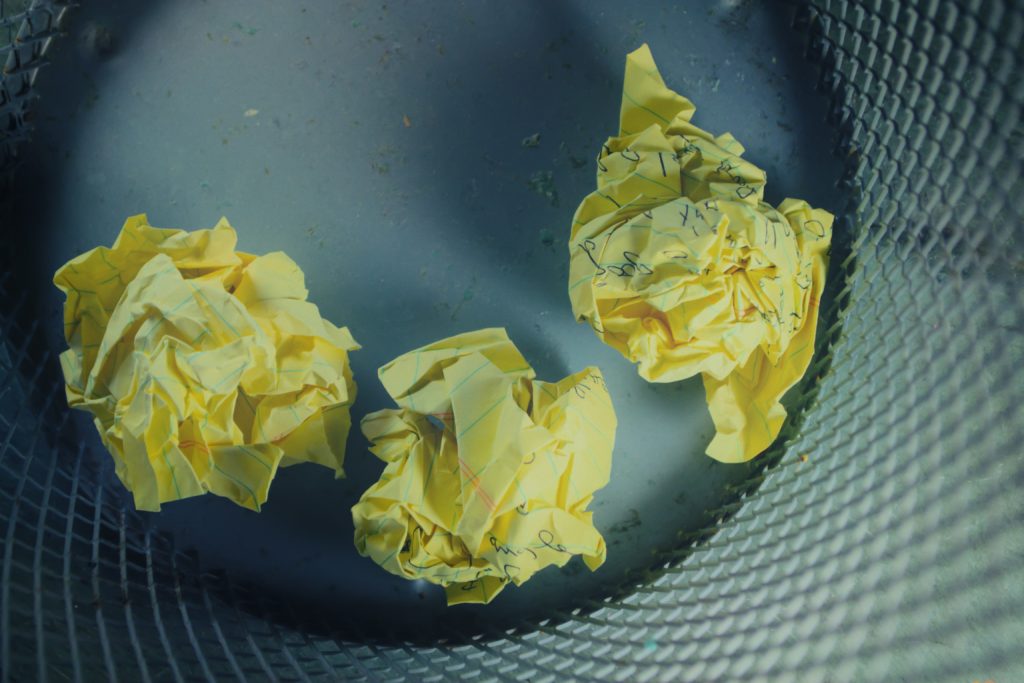
What is Zero Waste? A lack of clarity about what it really means may be keeping some businesses from reaping its benefits. So let’s dispel the myths and misconceptions.
Definition of Zero Waste
As officially defined by the Zero Waste International Alliance (ZWIA), Zero Waste is:
“The conservation of all resources by means of responsible production, consumption, reuse, and recovery of products, packaging, and materials without burning and with no discharges to land, water, or air that threaten the environment or human health.”
You can also think of it as:
- the act of producing less waste through prioritizing waste reduction, as well as reuse, resource efficiency, and recycling with the ultimate goal of closing that loop.
- responsible production, consumption and disposal of products in a closed, circular system. This means that resources are reused or recovered as much as possible, according to the U.N.
- a holistic way of thinking that views materials as resources within a circular, closed-loop system, emulating Earth’s natural system.
In other words, Zero Waste is:
- effective waste management, which is one the most impactful things businesses can do to improve operations, achieve sustainability goals, and manage rising waste costs.
Myths and Misconceptions
1) Going Zero Waste does NOT mean that your business will be under pressure to produce no waste at all immediately.
Instead, it is a plan that businesses commit to putting in place to deal seriously with waste, and a long term strategy to minimize and reduce waste. It takes planning, commitment from leadership, and education for employees. By adopting a policy that fits with your business, you will be able to optimize your waste reduction strategies and be more sustainable. It may not happen immediately. But it will happen.
2) Zero Waste is NOT just about Recycling.
Recycling is important. But with the U.S. national recycling rate still hovering around 35% (New York’s 2017 commercial recycling rate is at just 22%), recycling alone will not solve the commercial waste problem. Businesses that are serious about reducing waste must prioritize reducing waste generation in the first place.
In practical terms, this could mean a plan as simple as replacing all single-use cups with reusable mugs in an office. Or making a plan to go paperless. Businesses should also look up and down their supply chain to see how they can reduce waste upstream. Buying materials in bulk is one simple way to reduce packaging waste.
See how one hotel in San Francisco reduced waste from fish shipments by asking the supplier to switch from packing fish in EPS foam and non recyclable cold packs to compostable waxed boxes with ice.
3) Zero Waste is NOT too expensive for businesses.
With rising waste and labor costs, and more and more waste-related regulations coming down the pipeline, reducing waste is the best strategy to protecting a business’s bottom line.
Depending on the waste reduction strategies selected, initial investments may be needed, for example, in buying reusable mugs to replace single-use cups. But that soon pays for itself as businesses will stop incurring costs from having to dispose of all of those single-use cups, and the purchase of new cups every month. These waste reduction strategies will save money in the long-run.
4) Zero Waste does NOT require certification, but achieving certification is a benefit worth having.
Businesses can reap many of the benefits without applying for TRUE certification. But taking that extra step to achieve certification demonstrates a level of commitment and success that will resonate with all business stakeholders and positively impact investor ratings and sustainability reporting.
In terms of TRUE certification, points are given for diverting 90% or more from the landfill or by other means.
Zero Waste is an Achievable Goal
So now you know. Zero Waste is an achievable goal for businesses large and small.
With the cost of waste removal rising over the past decade, with no signs that it will slow down, reducing waste is increasingly becoming the only long term strategy for effective waste management.
Start to learn what your business can do to reduce waste and be more sustainable with our Zero Waste toolkit below. Here’s what you need to know about the benefits, and how to start reducing waste in 3 steps.
Have questions? Talk to our TRUE certified experts.
Learn more:
Zero Waste Business in 3 Steps: A Strategy To Reduce Waste and Costs

